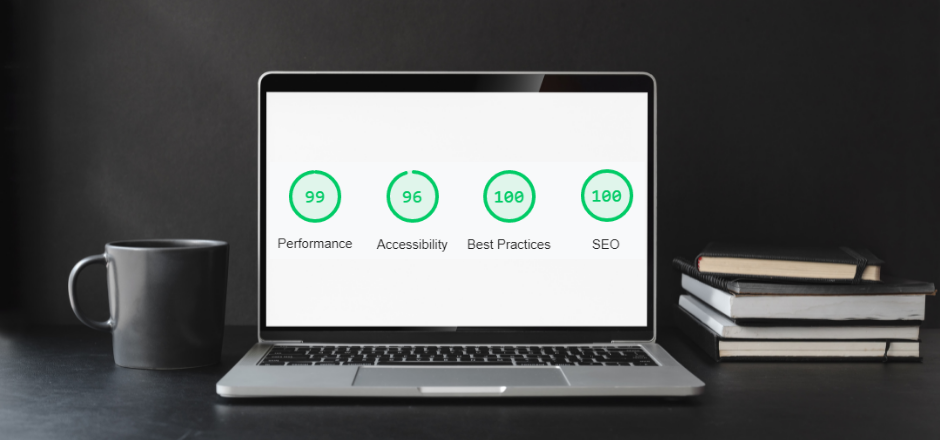Google has added accessibility to the Core Web Vitals algorithm rankings starting in June 2021. Websites that are not compliant with ADA website accessibility guidelines do not rank as well in search. There are many factors to accessibility, particularly around the colors, headers, fonts, videos, and images on a website. More specifically,
- Sites should support screen readers
- All PDFs should be readable in HTML
- All images should have alt text
- Menus should be keyboard accessible
- The contrast between text and background colors needs to have a 4.5:1 ratio for easy reading
- The text should scale to screen size
- Business information like address, hours, and phone numbers should be well documented
If your website is not accessible, it is likely that you will lose potential conversions from low vision users, and your website may also be vulnerable to legal action. Many of our clients are concerned about the potential lost business and the possibility of a lawsuit. If your website is issued for violating Title III of the Americans with Disabilities Act (ADA) you could be fined $75,000, and further violations can be up to $150,000.
We know that accessibility is heavily tied to each client’s customer base. It depends on the service or type of use the website receives, to determine if a WordPress Accessibility plugin is necessary. For the past year, we have been adding a plugin called Accessibility by UserWay to our WordPress sites after carefully considering the effect the plugin has on load speed. We have done our due diligence and believe this is the best WordPress accessibility plugin, and we have had great success implementing it for our clients. (Note: Neither Boomtown Internet Group nor I are affiliated with UserWay.)
As a website development company, we have two options when evaluating whether to add the UserWay WordPress accessibility plugin to a site:
Option #1
- Install UserWay on every client’s website and take a performance hit.
- But we’ve covered ourselves from the possible lawsuit.
Option #2
- Install UserWay only on unique customer bases for which it makes sense.
- This opens all our other clients to lawsuits.
Our recommendation is that until we see some eye-opening lawsuits in practice, we will have a personalized conversation with each client, perform an accessibility audit, and collectively determine whether to add the plugin as protection against lawsuits.
To request a personalized and free website ADA compliance consultation, please contact us!


